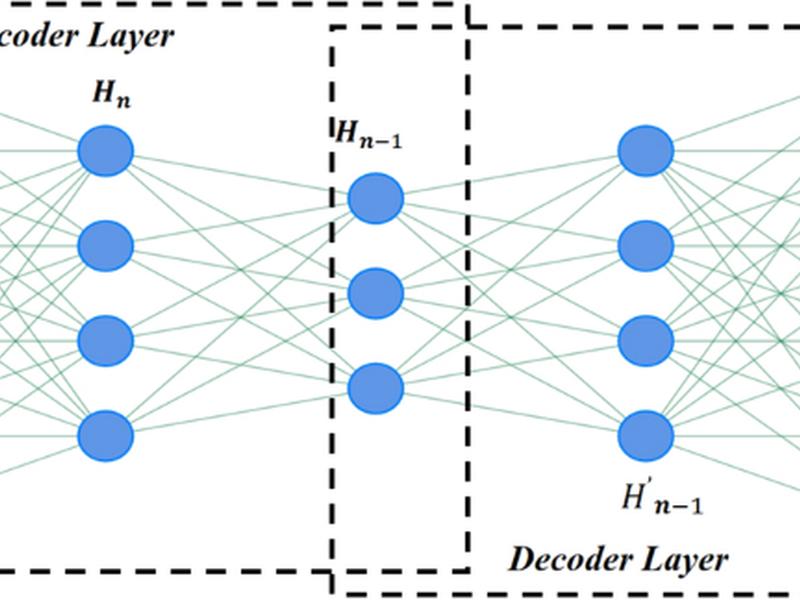This article discusses the use of an improved denoising autoencoder (IDAE) in the detection of hepatitis C. By incorporating the concept of residual neural networks, the IDAE is able to address the problem of data information loss in traditional denoising autoencoding and achieve a 99% accuracy in disease prediction. This shows the potential for IDAE to be widely used in the healthcare industry to improve disease identification.
Previous ArticleTop 10 Data Science Interview Questions Of Google, 2024
Next Article Apple Goes All In On Privacy-focused On-device Ai

